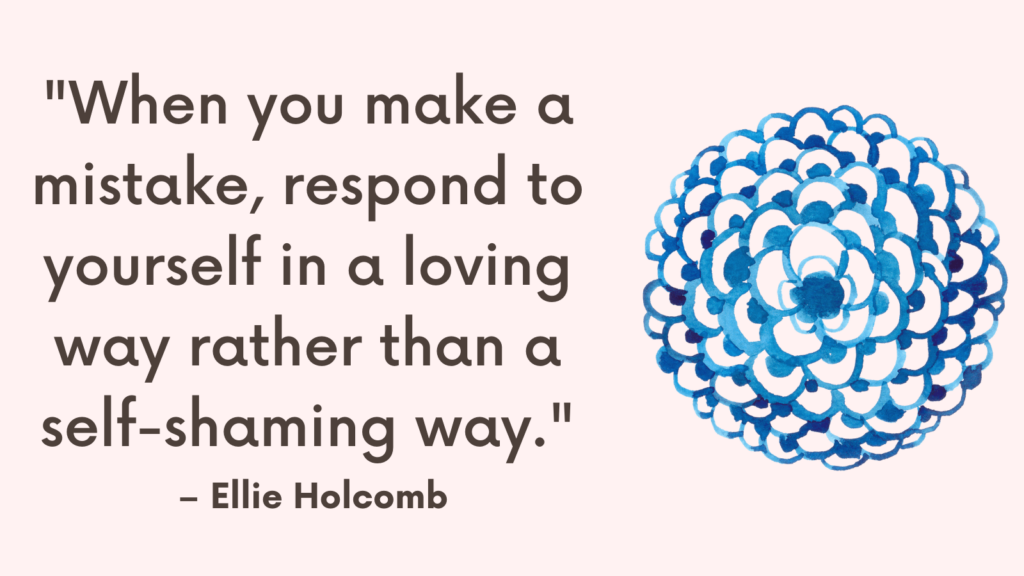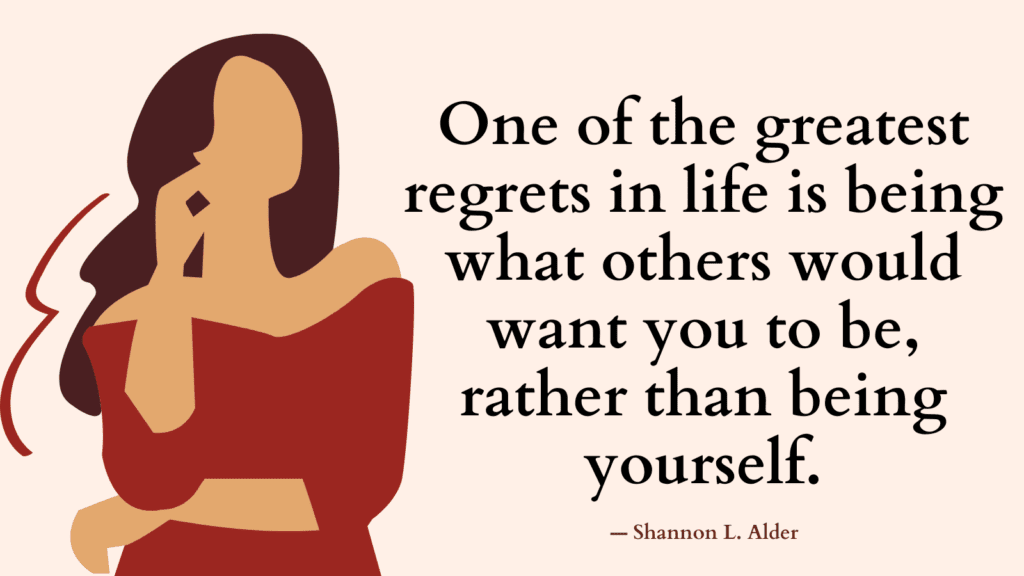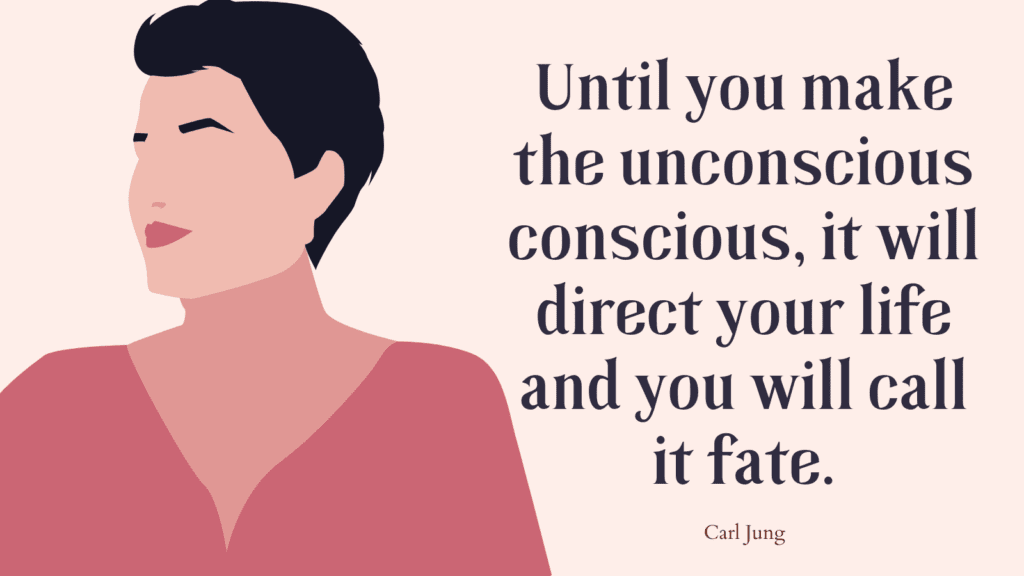When it comes to mental health, many people fall into a dichotomous way of thinking: you either have a mental health issue like depression or anxiety, or you don’t.
However, it’s crucial to understand that mental health exists on a spectrum, and feelings of depression or anxiety can ebb and flow in intensity.
They can vary greatly in severity, with symptoms ranging from mild to severe, and they can be managed effectively through various strategies.
This perspective empowers individuals by giving them agency to influence their own mental health positively.
The Power of Incremental Change
Research underscores the potential to profoundly influence our mental health.
For instance, practicing regular physical activity, thrice a week, can reduce depressive episodes by 25%. (source)
A healthier diet could lower the risk of depression by up to 35% (source), while therapy helps about 75% of people. (source)
Moreover, methods like therapy lights and meditation can be more effective than medications in treating these conditions.
However, implementing these changes is often daunting, especially when one is already struggling with mental health issues.
The motivation to improve our lives can sometimes lead us to undertake overly ambitious changes like training for a marathon or adopting a radical new diet. Initially, we might muster the willpower to follow through, but such grand plans often prove unsustainable.
They demand considerable energy and can lead to exhaustion and discouragement, making it even harder to maintain the effort required.
Embracing Small, Sustainable Changes
Instead of monumental transformations, focusing on small, manageable changes—what James Clear in his book “Atomic Habits” calls “atomic habits”—can be much more effective.
These small changes are less overwhelming and integrate more smoothly into daily life, eventually building up to significant improvements without the burnout associated with larger efforts.
Clear highlights the success of the British cycling team, which transformed from underperformers to Olympic gold medalists not by drastic measures but through a series of 1% improvements in various aspects of their training and preparation. (source) https://jamesclear.com/marginal-gains
This principle of seeking marginal gains shows that continuous small improvements can compound over time, leading to remarkable outcomes.
Related: How To Step Out Of Denial? Top 10 Steps To Overcome Denial When The Truth Is Heartbreaking
How to Use Atomic Habits for Mental Health?
1. Start with Self-Awareness
The first step in implementing effective changes is to develop a deep understanding of your current mental health state and recognize your habitual responses that may be detrimental.
This involves tracking your moods, thoughts, and behaviors to identify patterns.
Tools like mood diaries or apps that track mental health can be invaluable here.
Understanding these patterns helps in setting realistic goals for change.
2. Establish Simple, Achievable Goals
Once you have a clear picture of your mental health patterns, set small, achievable goals.
These should be specific, measurable, achievable, relevant, and time-bound (SMART).
For instance, if you notice that your mood dips significantly in the afternoon, you might set a goal to take a 10-minute walk during lunch every day.
The key is to start with goals that require minimal effort but can still yield noticeable benefits.
3. Integrate Changes into Daily Routines
For any change to stick, it needs to become part of your daily routine.
This integration reduces the effort required to maintain the habit.
For example, if improving sleep is your goal, you might start a nightly routine of turning off screens an hour before bed, or if managing anxiety is the focus, you might integrate a few minutes of deep breathing before starting your workday.
The simpler it is to incorporate the activity into your existing routines, the more likely you will maintain it.
Related: How to Break the Addiction Cycle? [Definitive Guide]
4. Leverage Technology
In today’s digital age, technology can be a powerful ally in managing mental health.
Numerous apps help promote mental well-being, from meditation apps like
Headspace to habit-tracking tools like Habitica, which gamifies daily tasks and habits.
These tools provide structure and reminders, helping to keep you accountable and making it easier to adopt and stick to new habits.
5. Build on Small Successes
Success breeds success. Once you’ve successfully integrated one small change and are beginning to see benefits, consider adding another small habit.
For instance, if you’ve established a habit of morning meditation and are feeling more at peace as a result, you might add a nightly gratitude practice to end your day positively.
Each successful change not only improves your mental health but also boosts your confidence in making further changes.
6. Focus on Incremental Progress
Rather than striving for perfection, focus on making incremental progress. Celebrate every step forward, no matter how small.
This could be acknowledging yourself for managing to meditate for three days in a row or for choosing to eat a healthy meal instead of fast food when feeling down.
Recognizing and celebrating progress is crucial for maintaining motivation.
Related: Top +100 Journal Prompts For Mental Health [+Free PDF Printable!]
7. Educate Yourself Continuously
Knowledge is power, especially when it comes to mental health.
Continue educating yourself about mental health practices and theories.
This could be through books, workshops, podcasts, or even academic articles.
The more you understand the mechanisms behind your mental health challenges and the strategies that can address them, the better equipped you’ll be to manage them effectively.

Conclusion
By starting with just one small change and adding others only when the first becomes a habit, you create a sustainable cycle of improvement.
This method ensures that changes become integrated into your lifestyle without overwhelming you.
Over time, these small changes can snowball into significant improvements in mental health.



